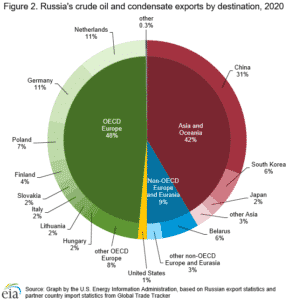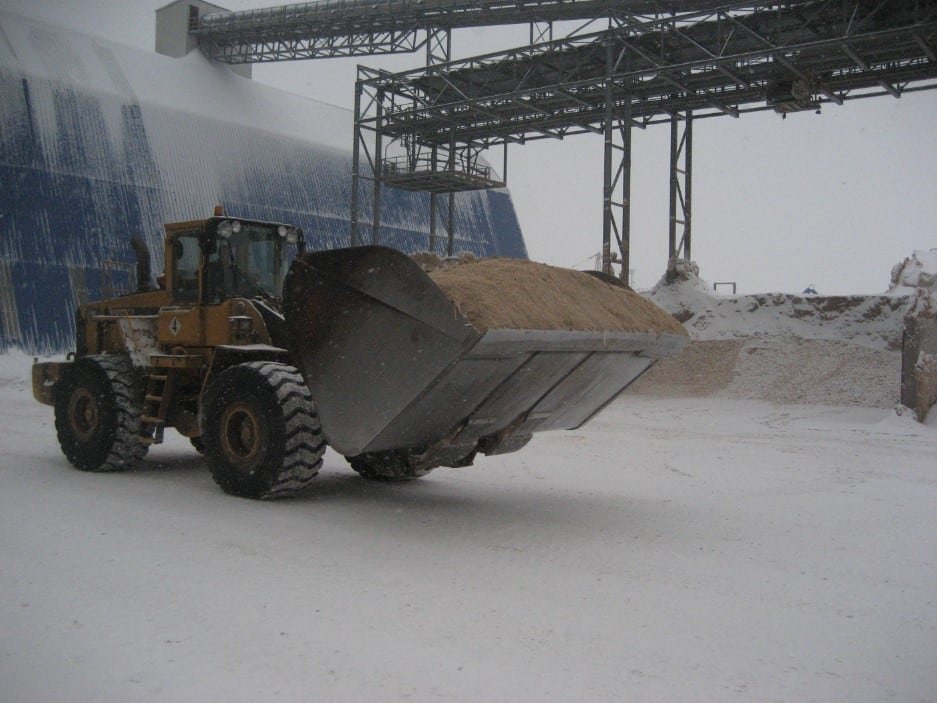Gold Standard has suspended a Russian carbon project from its marketplace.
Gold Standard is a popular Swiss-based carbon standard and emissions registry. But it also established a carbon marketplace where certain projects trade carbon credits.
The Russian KronoClimate project replaced the use of fossil fuels with biomass and was the only project in Russia to be on the marketplace.
The factory, Kronostar, used to generate energy using peat and heavy oil that emit high carbon. By replacing it with biomass, the project is cutting down GHG emissions in the factory.
The project is also avoiding methane emissions through a regional waste management system.
Now only 33 carbon projects remain on the Gold Standard marketplace.
There was no comment yet from Gold Standard about its Russian carbon project suspension move.
But the decision happened during the wake of Russia’s attack on Ukraine.
The Russian invasion of Ukraine had caused so much chaos and fear in the two countries and among the people.
For the corporate world, the huge disruptions caused by the war have negative effects.
Impact of Russian Invasion of Ukraine on Carbon Market
Russia is not a significant player in the voluntary carbon market as it is not a big supplier of carbon credits.
Carbon prices have dropped because of the uncertainty in demand. The Russian carbon project suspension by Gold Standard makes things more unpleasant.
Worse is that dozens of Western big companies have cut their business ties with Russia. These include Ford, Toyota, Apple, Amazon, Facebook, IBM, Microsoft, Shell, TotalEnergies, and more.
The EU is also considering an oil embargo on Russia.
More so, the Russian invasion of Ukraine is the major cause of the rapid increase in gas prices worldwide.
Analysts see this as a driver for higher demand and use of coal, which in turn, would put pressure on carbon prices.
For Europe, which is so reliant on Russia for fuel supplies, the effect is a huge energy crisis.
The lack of liquid gas infrastructure means relying on coal as the short-term option. This threatens Europe, particularly the EU’s 2030 climate goal.

For the rest of the world, the economic sanctions on Russia made the energy and carbon market chaotic. Fossil fuel prices soared very high. Other commodities prices also went up so steep.
Hence, many countries are wondering if their emissions target will be on hold to keep the lights on.

